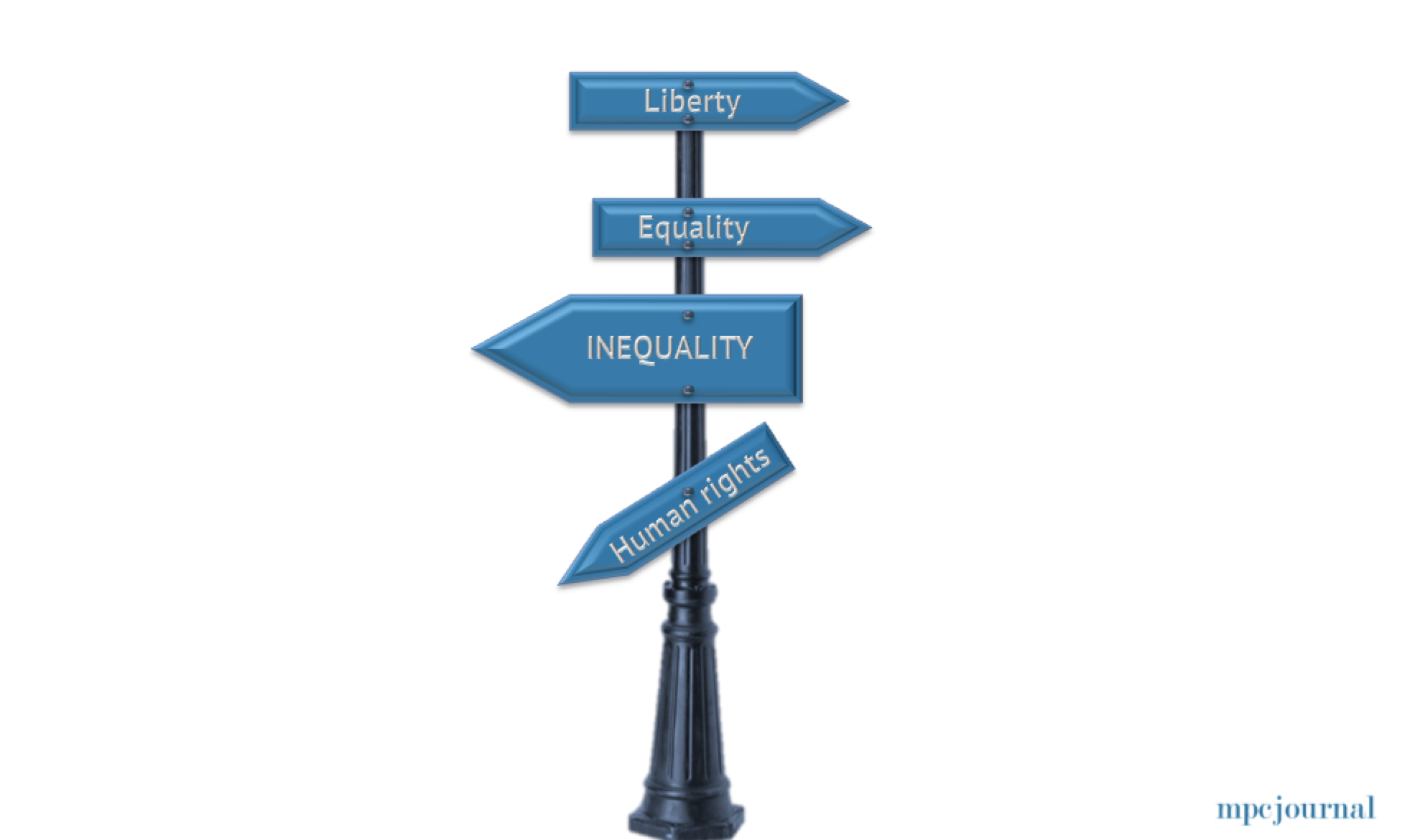What is the greatest difference between the cold-war order and the 21st-century global order? A cold war joke offers a good hint. An East German school teacher asks little Fritz: “Fritzchen, why are you always speaking of our Soviet brothers? It’s ‘Soviet friends’.” Fritz responds: “Well, you can pick your friends.”
Back then, they had no freedom to choose, but still enjoyed a form of stability through comradeship or alliances in a bipolar balance of power. Now, we can make choices, but these choices do not guarantee any degree of strategic stability. Globalisation has injected a sense of fluidity, uncertainty, and even publicity into areas of high politics formerly hidden behind a veil of secrecy. Even the top secrets of a nation have been laid bare through a series of WikiLeaks releases.
The rise of modern Western powers accelerated global connectivity, economic growth, scientific progress, military innovations and the diffusion of human rights, but also plunged the world into sporadic catastrophes that claimed many victims (with colonialism, imperialism, the two world wars and the cold war). Now, the West is in a relative decline because of the “rise of the rest”, such as China, India, Russia and some Muslim nations. “Glocalisation” has created not just East and West, but multiple Easts, Wests and hybrids. This crisis is symbolised by the election of Donald Trump as US president. But what if Trump were the result, not the cause, of the crisis of the West?
The root of this crisis is an excessive primacy of freedom over equality in the Western value system. According to Oxfam, just eight super-wealthy people hold as much property as the 3.6 billion who make up the poorest of the world, or 1 per cent of the world has as much wealth as the remaining 99 per cent.
Even with Trump gone, there will be no simple return to the “glorious times” of idealised globalisation without questioning the absolute primacy of freedom above equality. The previous phase of globalisation led to a kind of “liquid modernity”, as defined by recently deceased sociologist Zygmunt Bauman. As a chaotic continuation of modernity, liquid modernity increased global uncertainty and loosened individual identities.
If we don’t want to repeat the catastrophes of the 20th century, we will need to reinvent a balance between freedom and equality. If real socialism in the Soviet Union decayed due to its lack of freedom, capitalism is facing a similar crisis because of its lack of equality. As Thomas Hobbes warned, unrestricted freedom does not lead to perpetual peace but, on the contrary, to war of all against all. That is what we are witnessing worldwide.
Immanuel Kant, in trying to find out how to restrict excessive freedom without oppression, proposed that one’s freedom only be restricted by the freedom of others – so if freedom is only restricted by freedom, there is no oppression at all. But times have changed.
ohn Locke, a godfather of liberalism, placed human rights at the centre of his observations. But he also placed the unlimited right to property among the pillars of human rights, as he held that property comes about by the exertion of labour, both physical and intellectual, upon natural resources. This reasoning was sound in his times, but is no longer applicable to the speculative financial capitalism of this century.
The lopsided ownership of unlimited property has deprived an enormous number of people of their liberties and partly enslaved them. Locke was right when he said property is a human right as long as it is based on real labour. However, property that results from speculative casino capitalism no longer constitutes a human right.
According to the UN, about 795 million of the world’s 7.3 billion people, or one in nine, were suffering from chronic undernourishment in 2014-2016. Our liberty should not only be limited by the liberties of others, as Kant proposed, but also by their equality as human beings and their inalienable human rights.

